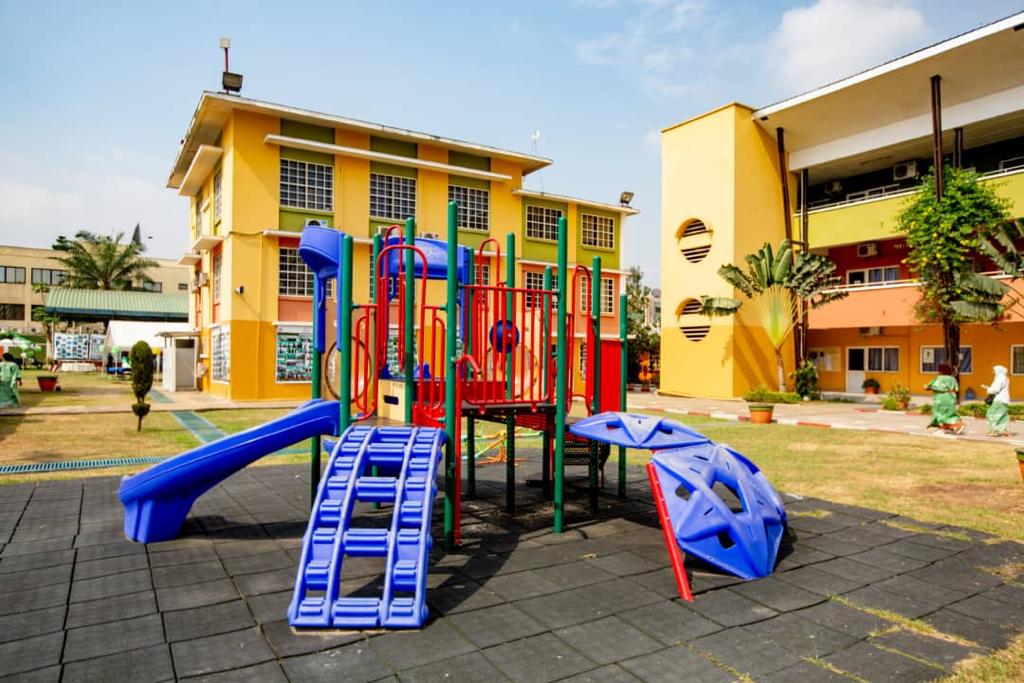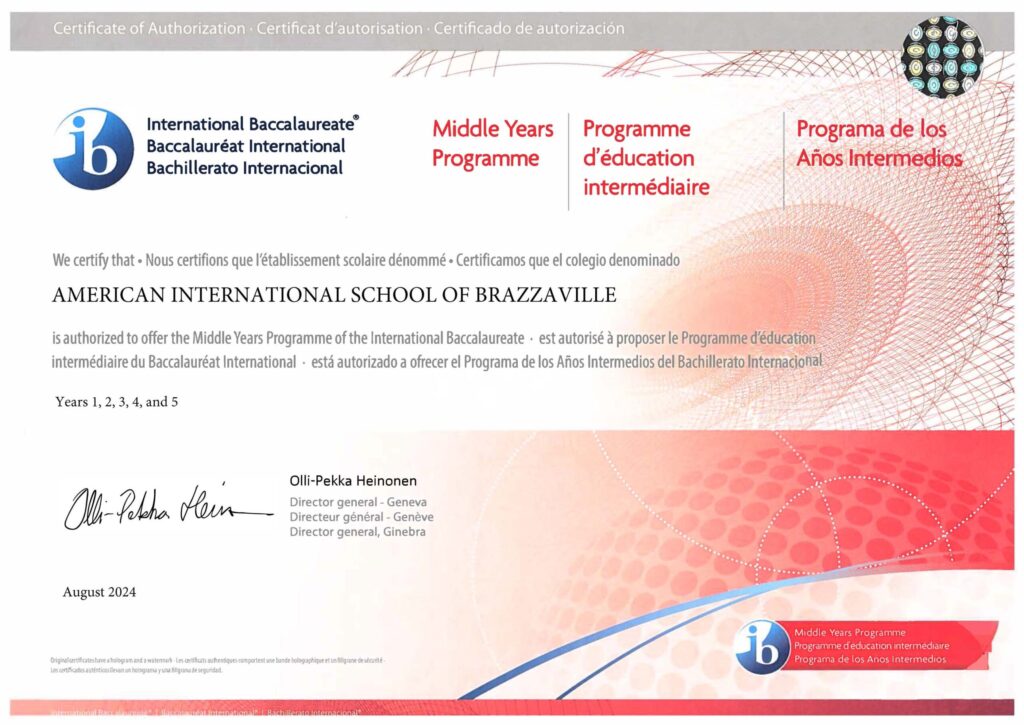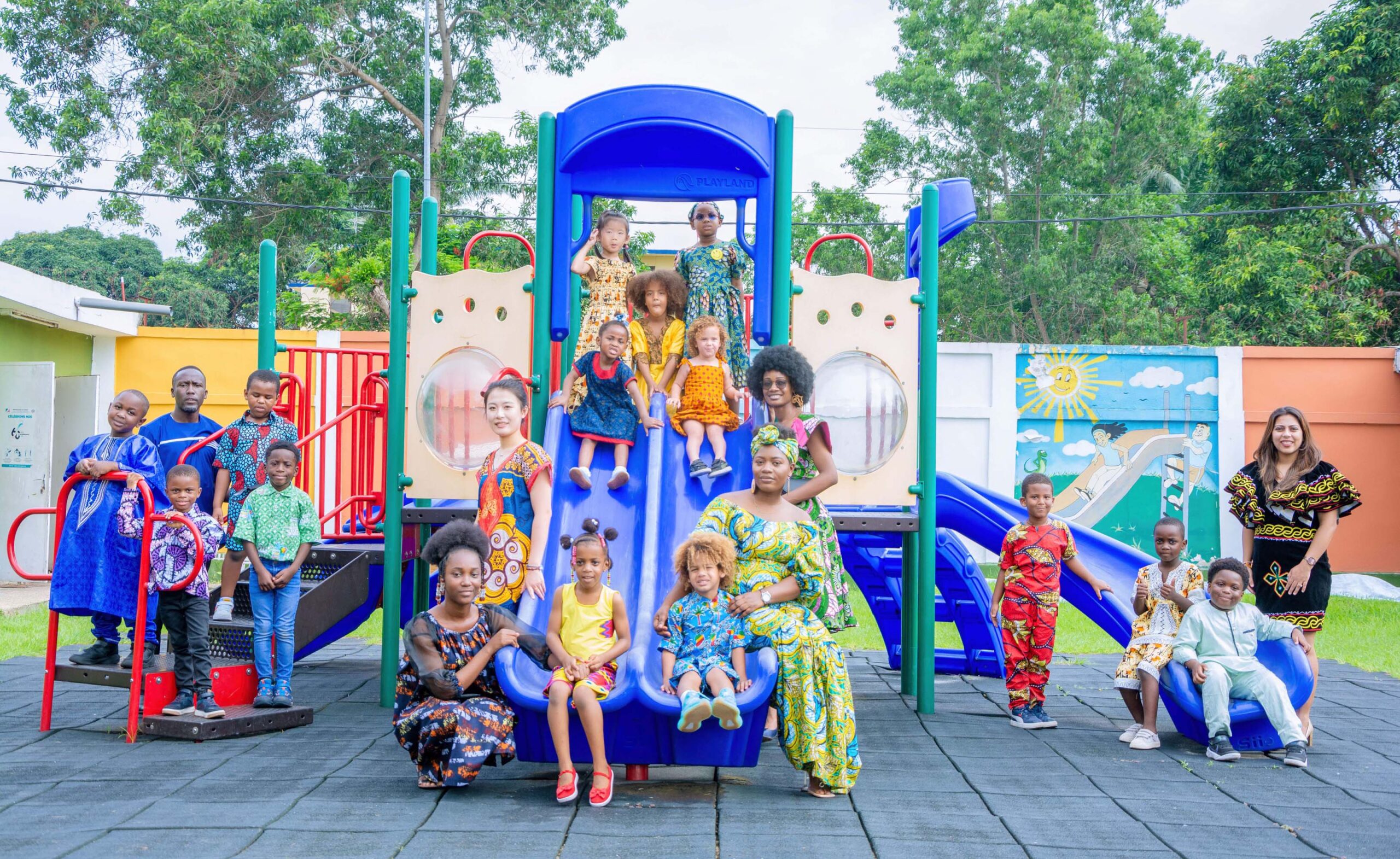The Early Childhood Program provides a foundation for all future learning. The environment is child-centered and caring where children learn to feel secure, confident, and enthusiastic about school and learning, regardless of their developmental level. We believe that:
- Children learn best in a nurturing environment that promotes individual differences and celebrates cultural diversity as well as encourages respect, trust and responsibility
- Play is an essential component of an early childhood program and contributes significantly to social, physical, intellectual and emotional development
- Learning is best achieved through creative exploration and exposure to a wide range of age-appropriate materials and activities with a hands-on approach
- Children develop ideas and concepts early on and should be offered opportunities that foster connections between new learning and existing ideas
- Each child should be offered opportunities for continuous and differentiated learning to develop to his / her full potential
- Instruction should be a balance of teacher-directed and child-initiated activities that allow opportunities for children to use problem-solving strategies to make decisions
- Instruction should be provided in a combination of individual, small and whole group settings to enhance child’s learning and to provide time and opportunities for children to learn cooperatively and collaboratively
- The program should provide special opportunities for the development of fine and gross motor skills
- Special consideration should be given throughout the program to the development of language, communication and thinking skills
- Positive social interaction should be promoted in order to develop valuable social skills and prepare children for successful group activity participation
A close partnership with parents is an essential element of the Early Childhood Program.
Children with limited or no English skills are welcome in the Early Childhood Program. The natural ability of children to learn language is capitalized upon through classroom games and activities.


